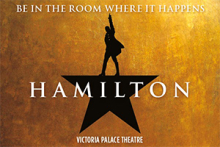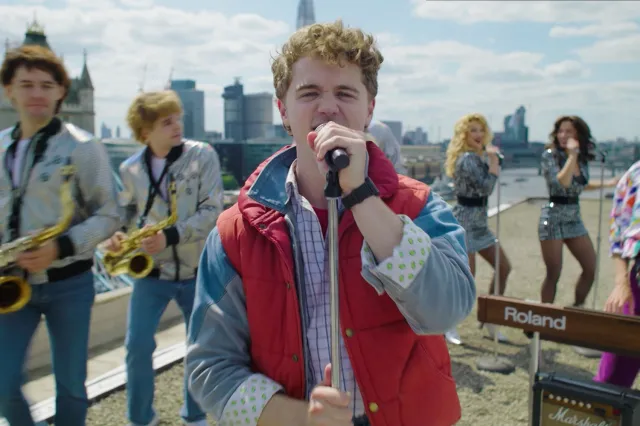Grime has catapulted into the mainstream – where can we find it on our stages?
How are grime, hip-hop and other genres represented on stage?
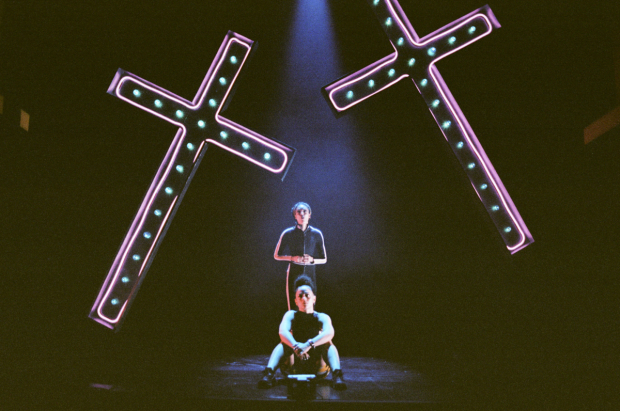
© Vicky Grout
"I'm so big that the only thing bigger than me last year was Brexit"
Stormzy, Disappointed – 6th January 2020
Only a few weeks into the new year, there has already been a public spat that looks set to be one of 2020's most iconic fallings-out. No, not Megxit – the series of January diss tracks back and forth between grime MCs Wiley and Stormzy proved to be altogether more entertaining and relevant news than the Royal Family's bickering. Aside from generating enough memes to last the remaining 11 months of the year, media focus on the feud illustrates the level of profile that grime holds in modern society. Viewed as a strictly underground scene at the start of the century, the genre has catapulted into the mainstream.
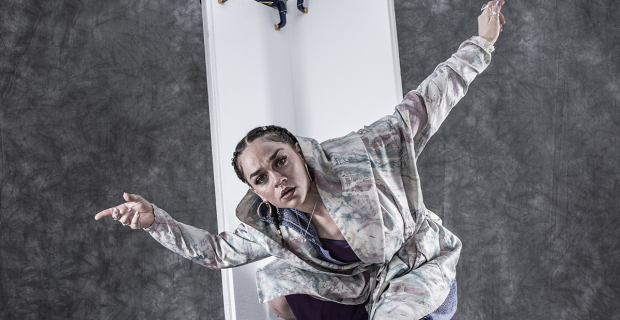
© Benji Reid
Whilst grime's impact on British music is evident, theatregoers don't need to wait for a two-hander about the Wiley-Stormzy beef to see the influence that urban music has on the stage. Whereas in the past grime and hip hop were seen to exist in an entirely different universe to theatre, nowadays this is not the case. Following a celebrated run at the Royal Court in 2018, Debris Stevenson's ‘grime musical' Poet in da Corner makes its triumphant return to the same stage in a few weeks before heading out on a UK tour. The show was of course inspired by Dizzee Rascal's Mercury Prize-winning debut album and the Bow MC is only one of the play's supporters. Poet in da Corner incorporates a number of different storytelling modes including spoken-word poetry, but this is very much a piece of work rooted in grime's traditions.
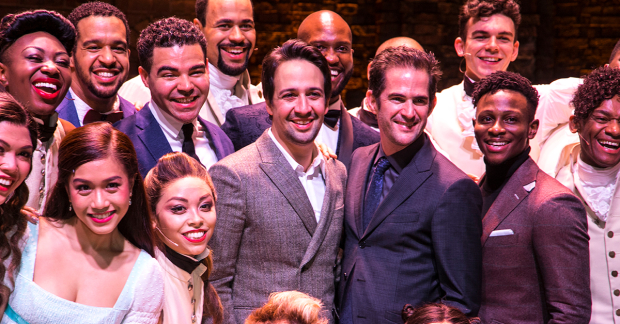
© Dan Wooller for WhatsOnStage
If that seems like a remote example, at the other end of the spectrum is Hamilton, which in terms of popularity is head and shoulders above almost any production of the last decade. The soundtrack draws heavily from hip-hop influences and has revolutionised musical theatre – the idea of using urban sounds in a mainstream production is not anywhere near as radical now than when Hamilton was released five years ago.
Incorporating urban music into theatre undoubtedly brings with it new voices and Conrad Murray, artistic director at Battersea Art Centre's Beatbox Academy, is unequivocal about the importance of championing unheard stories: "Once you have a director such as myself – Anglo Indian, working-class, from an council estate – engaging with local kids, the influences and voices in the room are going to be different from the norm."
Diverse voices are an integral part of Murray's musical direction. His work for the upcoming stage adaptation of Alex Wheatle's novel Crongton Knights is co-created with the cast's understanding of the characters. Murray explains that "when a performer comes up with an idea for music, it makes sense that the protagonist McKay would be into afrobeats if he is living in 2020 but this would not be possible had the rehearsal room not be fully diverse in backgrounds and talents."
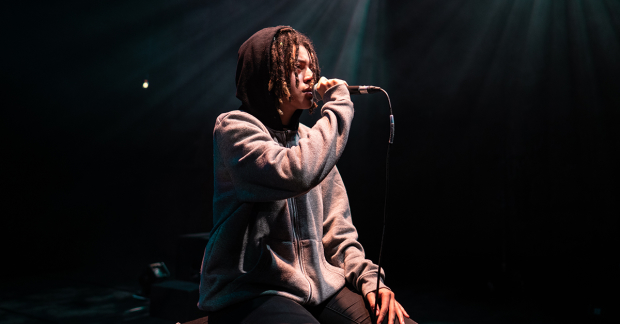
© Joyce Nicholls
BAC Beatbox Academy's past success with shows like Frankenstein: How To Make A Monster further demonstrates the potential of integrating urban music into modern theatre. This was a 19th century story utterly transformed and inspired by hip-hop, which Murray recognises "created a whole new aesthetic and expectation from theatregoers". All signs point to 2020 being a year in which a new generation of theatre talent could find their voice through music deeply embedded in British cities.


